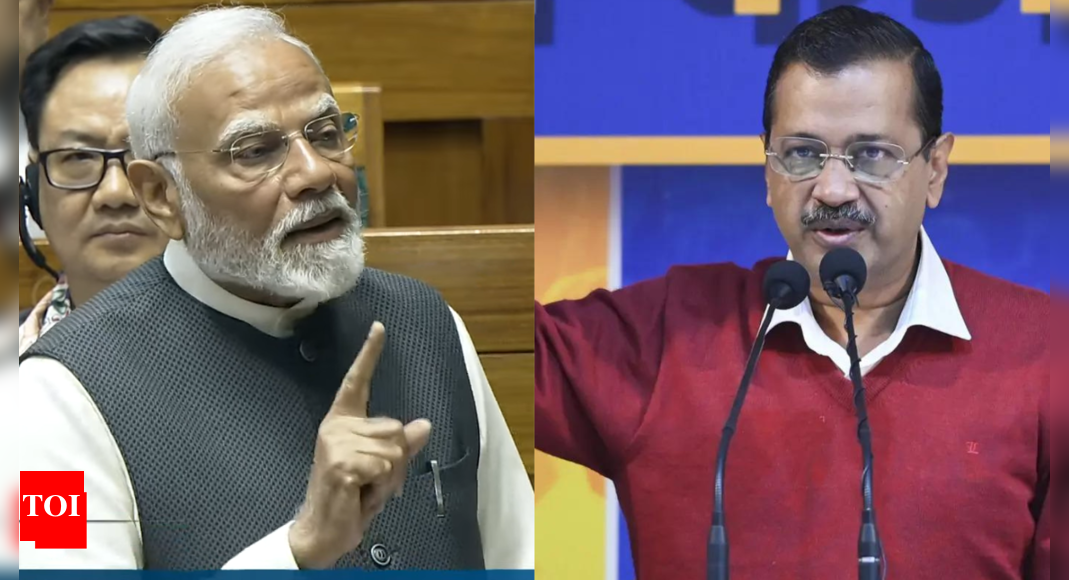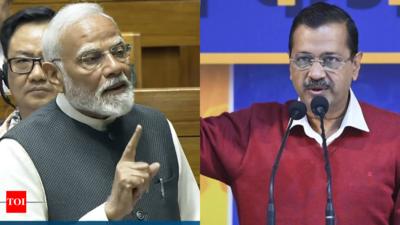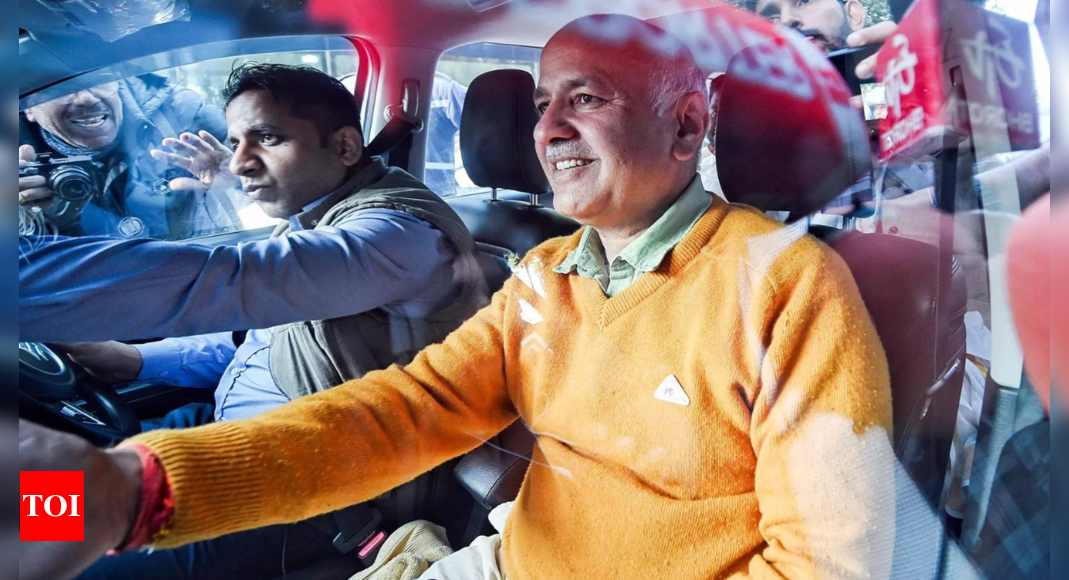NEW DELHI: Delhi on Saturday joined a growing list of states where the lotus has managed to bloom with a vengeance. The Bharatiya Janata Party, which was struggling to even get double-digits in seat share in the past two assembly polls, won the election by securing a whopping 48 of 70 seats. Breaking the 27-year jinx, the BJP is again coming back to form the government in the national capital with the promise of development and good governance.
Delhi Election Results 2025
The Aam Aadmi Party’s defeat this time around has shown that freebie politics cannot hold its sheen for long if not coupled with on-the-ground development and infrastructure improvement.
In this year’s assembly election, BJP and Congress both followed the AAP’s manifestos giving free electricity, water and bus services for women and even financial aid. This seemed like a freebies vs freebies contest where the BJP’s advantage stemmed from two factors: voters’ assessment of implementation records, with the BJP’s performance in Madhya Pradesh outweighing AAP’s shortcomings in Punjab; and the understanding that welfare schemes must be complemented by good governance.
Reiterating the BJP’s strategy, Prime Minister Narendra Modi hailed the party’s historic win in Delhi, stating that “development and good governance” had won.
“Jana Shakti is paramount! Development wins, good governance triumphs. I bow to my dear sisters and brothers of Delhi for this resounding and historic mandate to @BJP4India. We are humbled and honoured to receive these blessings. It is our guarantee that we will leave no stone unturned in developing Delhi, improving the overall quality of life for the people and ensuring that Delhi has a prime role to play in building a Viksit Bharat,” he said in a tweet.
Freebies, though a good strategy in the short term, failed to get votes for AAP this time. There was a lack of infrastructural development that raised questions among voters regarding AAP and its effectiveness in governance. In Delhi, AAP had promised to give clean tap water but there were many areas where the people didn’t even have access to tap water. Long queues behind water tankers were a common sight across the city.
For this year’s elections, Kejriwal also promised to give financial support to priests, sparking a debate over whether the party’s ideology revovled merely around “revdi” politics.
In the last two elections, the AAP’s main strong point was Mohalla clinics and municipal schools but one cannot fight only on the basis of these two pillars. Delhiites were looking for more evidence of developmental works that AAP had done in the last decade, and the party came up short.
Another factor that lent itself to AAP’s defeat was its frequent run-ins with the Lt Governor’s office. Considering Delhi’s governance structure under the National Capital Territory Act, the constant bickering created an impression of administrative inefficiency by AAP.
Kejriwal’s decision to retain his CM position whilst in custody over the excise policy scam case appeared to convince voters that administrative efficiency was being compromised for political advantage.
This also resulted in postponed Cabinet sessions and administrative standstill. Saturday’s results suggest that stepping down in March 2024 and maintaining ethical standards would have been a more prudent political strategy.




